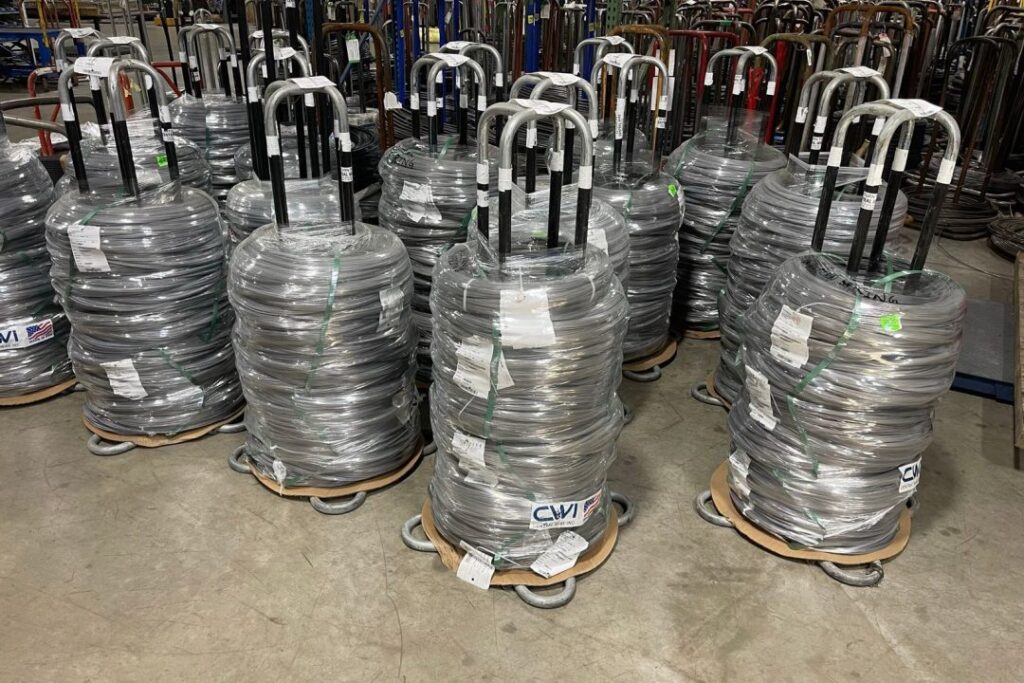In the realm of custom spring manufacturing, understanding the diverse array of spring materials is essential. Springs come in various classifications, each distinguished by the materials used. At Jackson Spring and Manufacturing Company, Inc, we employ a range of materials, including spring steel, to craft high-quality compression springs, conical springs, torsion springs, and more. In this article, we delve into the intricacies of spring materials to shed light on their significance in your manufacturing needs.
Spring Steel
Spring steel stands as the cornerstone of spring manufacturing, offering unparalleled resilience and flexibility. Composed of artificially produced forms of iron with varying carbon content and additional alloys, spring steel embodies versatility and strength. From compression springs to torsion springs, steel remains the primary choice for its exceptional properties and cost-effectiveness.
Alloy Steel
Alloy steel represents a fusion of different metals or a metal with non-metal content. By blending carbon steel with chromium, vanadium, or silicon, alloy steel enhances durability and strength. Although slightly pricier than conventional carbon steel, alloy steel finds its niche in applications demanding superior performance and resilience.
Stainless Steel
Renowned for its corrosion resistance and hardness, stainless steel is a prevalent choice in spring manufacturing. With various classifications available, stainless steel caters to diverse needs, particularly in environments prone to corrosion, such as marine applications.
Red Metal
Distinct from iron-based alloys, red metal encompasses materials like hard drawn copper, phosphor bronze, and beryllium copper. While not as robust as iron alloys, red metal finds its place in electrical applications where strength isn’t the primary concern.
High Nickel
High nickel, a vital component in stainless steel, offers unparalleled corrosion resistance, making it ideal for high-temperature and caustic environments. Moreover, its non-magnetic properties render it indispensable in projects requiring such characteristics, despite its higher cost.
In summary, the choice of spring material is paramount in determining the performance and longevity of your springs. Whether opting for the resilience of spring steel or the corrosion resistance of stainless steel, understanding the nuances of these materials is crucial for meeting your manufacturing requirements. Contact the experts at Jackson Spring and Manufacturing Company, Inc, to guide you in selecting the optimal materials for your custom spring needs.

